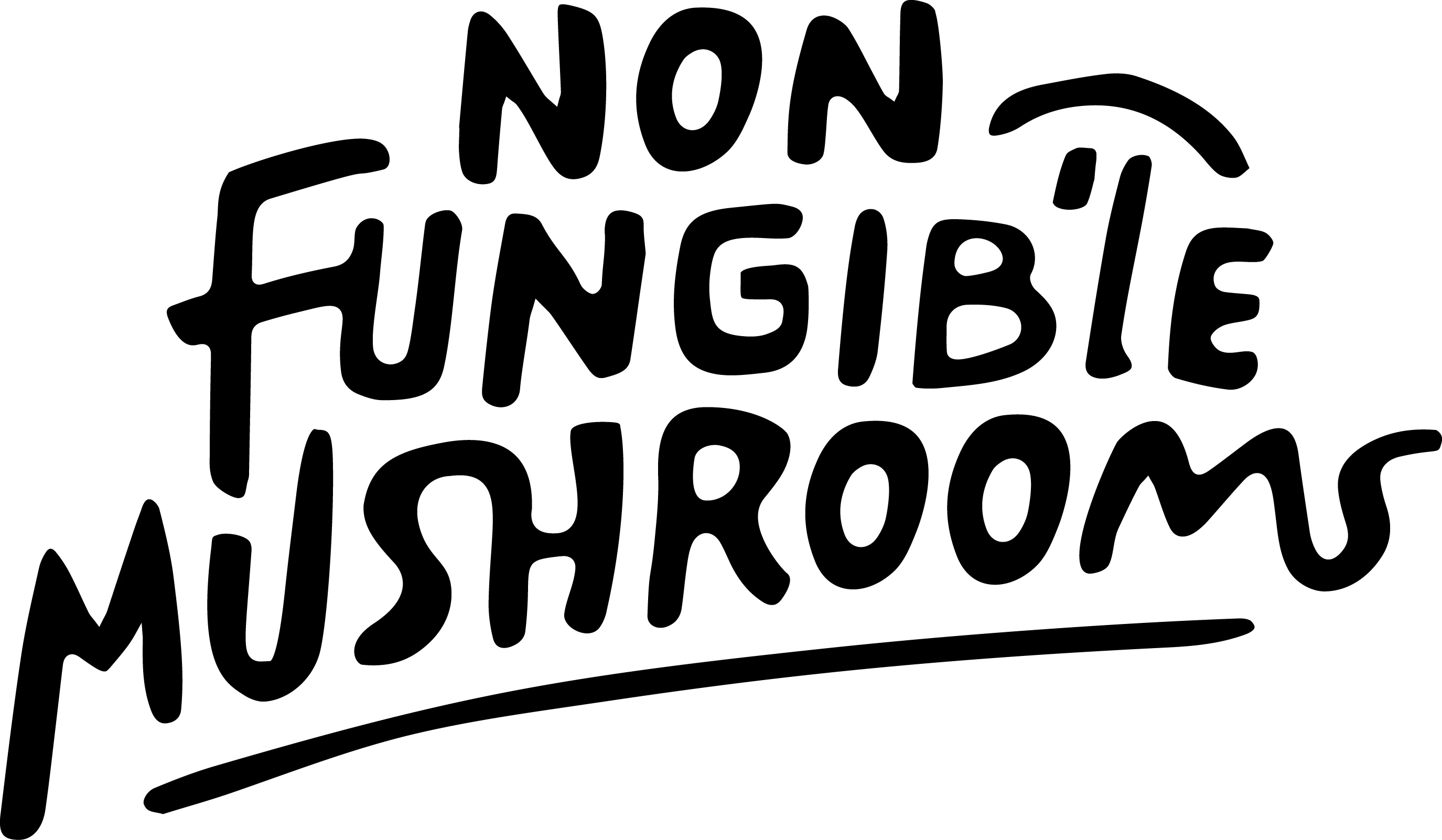

"Harness the ancient power of mushrooms for modern brain health." Throughout history, mushrooms have been prized not just for their flavor but for their medicinal properties. In ancient China, for example, mushrooms like Lion's Mane were used to enhance cognitive functions and support overall brain health.
In this article, we will explore the best mushrooms for boosting brain function, supported by traditional wisdom and contemporary scientific research. We'll Learn about Lion's Mane, Reishi, and Cordyceps, and how they can improve memory, and focus, and protect against neurodegenerative diseases.
We'll also give you practical tips on how to integrate these power-packed fungi into your daily diet, adding not only flavor but a boost to your brain health. Ready to turn the ancient secrets of mushrooms into your modern-day superfood? Let's get started.
Medicinal mushrooms, with their traditional and modern medicinal allure, are a focal point for understanding how fungi can support cognitive functions and overall brain vitality. What specific mushrooms offer these benefits, and what does the science say?

When it comes to promoting brain health, certain mushrooms stand out for their remarkable properties. Let's delve into the unique benefits offered by these fungi:
Mushrooms have been studied extensively for their potential brain health benefits. Here's a closer look at the research findings:
Lion’s Mane mushroom (Hericium erinaceus): A 2009 study involving adults with mild cognitive impairment found that daily consumption of Lion’s Mane significantly improved their cognitive function over four months compared to a placebo.
Mushrooms such as Shiitake and Maitake are rich in polysaccharides, including beta-glucans, which have been linked to enhanced immune functions and neuroplasticity. Research has suggested that these compounds can foster the formation and strengthening of neuronal connections, vital for learning and memory retention.
Reishi mushroom (Ganoderma lucidum) and others are being researched for their potential to treat neurodegenerative diseases like Alzheimer’s. These mushrooms contain antioxidants and anti-inflammatory compounds that may protect neurons from the damaging effects of Alzheimer’s disease and slow its progression.
These studies underscore the significant potential of mushrooms as neuroprotective agents and as part of treatments for cognitive impairments and degenerative conditions.
Adding medicinal mushrooms to your diet can be a delicious and beneficial way to enhance brain health. Here are some practical tips on how to integrate these powerful fungi into your meals:
Fresh and dried mushrooms offer versatility in cooking and can be incorporated into a variety of dishes. Fresh mushrooms like Lion’s Mane and Shiitake can be sautéed, grilled, or added to soups and stews. Dried mushrooms, including Reishi and Chaga, can be rehydrated and used similarly, or steeped to make tea.
Mushroom powders and extracts offer a convenient way to consume these nutrients in concentrated forms. Powders can be easily added to smoothies, coffee, or tea, and extracts can be taken as supplements or tinctures. This ensures you get a consistent dose of the beneficial compounds found in mushrooms.
Mushrooms are incredibly versatile and can be incorporated into a wide range of recipes to enhance both flavor and nutritional value. Try using Lion’s Mane in a risotto for a cognitive boost, or add powdered Cordyceps into a pre-workout smoothie for extra energy.
Include medicinal mushrooms in your diet for daily brain health benefits. Fresh, dried, or powdered forms can add flavor and health to your meals.

Mushrooms are not only fascinating for their varieties and uses in cooking but also for their substantial health benefits that stretch across many aspects of wellness:
When incorporating mushrooms into your diet, it's important to be aware of some potential side effects and considerations:
Consuming mushrooms can cause mild gastrointestinal issues, such as bloating or gas, in some individuals. Allergic reactions are rare but can range from skin irritations to more severe responses like respiratory difficulties. If you encounter any unusual symptoms after consuming mushrooms, it's advisable to consult with a healthcare professional.
Mushrooms like Reishi and Shiitake contain compounds that have mild blood-thinning properties, which might interfere with blood-thinning medications. People with bleeding disorders or those on anticoagulants should seek medical advice before consuming these types of mushrooms.
Some mushrooms, particularly those used in medicinal supplements, can interact with prescription drugs, including those for diabetes, hypertension, and immune disorders. For instance, Ganoderma (Reishi) might increase the risk of bleeding in patients taking anticoagulants or antiplatelet drugs. Always discuss with your healthcare provider before starting any new mushroom supplements if you are taking other medications.
Being mindful of these side effects and interactions is crucial for safely enjoying the benefits of mushrooms.
Mushrooms have emerged as a promising natural remedy with considerable therapeutic potential, particularly for enhancing brain health. Here’s a quick recap and look forward to what's next:
Selecting high-quality mushrooms is key to maximizing health benefits. Consider Non-Fungible Mushroom for their potent adaptogenic mushroom powders, ensuring both quality and efficacy.
Current research on mushrooms is promising but more in-depth studies are necessary to unlock their full health potential. Continued research support is vital for advancing our understanding of their benefits.
Explore the possibilities that mushrooms can offer. If you’re curious about adding adaptogenic mushroom powders to your diet, check out Non-Fungible Mushroom for premium options that prioritize both quality and efficacy.